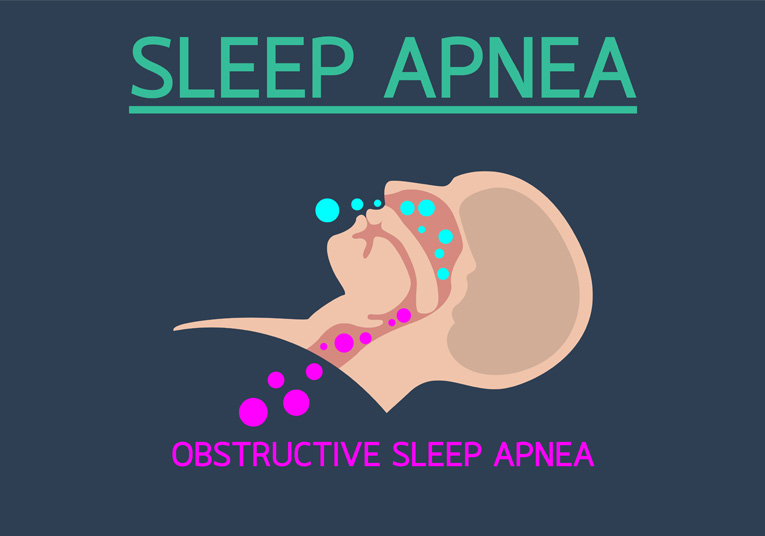The Potential Benefits of Medical Cannabis for Sleep Apnoea
Medicinal cannabis products, particularly those containing CBD, may offer benefits for chronic conditions that disrupt sleep. Some research suggests that both CBD and THC, the active compounds in cannabis, could potentially alleviate symptoms of obstructive sleep apnoea (OSA), enhancing sleep quality for those affected by the condition.

It’s estimated that approximately one billion adults worldwide suffer from sleep apnoea, equating to about one in seven people. Yet, the condition often goes unspoken, with many individuals unaware they have it. This can negatively impact their overall health.
At its core, sleep apnoea is a condition where breathing is interrupted during sleep, most commonly in the form of obstructive sleep apnoea (OSA). Although not typically dangerous on its own, untreated OSA can lead to more serious health issues.
Symptoms of sleep apnoea include:
-
Interrupted breathing
-
Gasping, choking, or snorting sounds
-
Frequent waking
-
Loud snoring
-
Daytime fatigue, difficulty concentrating, headaches, and mood swings
How Cannabis Helps Manage Sleep Apnoea
Cannabis is known for its sleep-inducing properties due to its interaction with cannabinoid receptors in the brain. When cannabis binds to these receptors, it elevates levels of sleep-promoting adenosine and suppresses the brain’s arousal system, inducing drowsiness.
But how does it assist with sleep disorders like OSA? Early studies indicate that cannabinoid agonists like dronabinol (a synthetic THC) may stabilise breathing during sleep, reducing the effects of OSA.
In one study, participants with OSA were given doses of dronabinol ranging from 2.5mg to 10mg, leading to a 32% improvement in their apnoea-hypopnea index (AHI) over three weeks—a significant enhancement in their condition, resulting in better sleep and less daytime fatigue.
Combining Cannabis with Other Sleep Apnoea Management Techniques
While the potential benefits of cannabis for sleep apnoea are promising, it should not be considered a standalone solution. It is recommended to use it alongside other proven sleep apnoea management strategies, which may include:
-
Weight loss
-
Regular physical activity
-
Moderation or avoidance of alcohol
-
Quitting smoking
-
Nasal decongestants
-
Avoiding sleeping on your back
-
Avoidance of sedative medications like sleeping pills
In addition to these lifestyle changes, there are medical interventions that may help, including:
-
Positive airway pressure (CPAP): A device providing continuous air pressure to keep the airways open during sleep.
-
Oral devices: These adjust the position of the jaw or tongue to maintain an open airway.
-
Surgery: This option is typically a last resort, involving the removal of tissue from the throat or mouth to reduce blockages.
Since cannabis works differently from these methods, it may complement them, but always consult your doctor before altering your treatment plan.
Cannabis Products for Managing Sleep Apnoea
Cannabis contains two key cannabinoids—THC and CBD—both of which have demonstrated benefits for sleep. Although research is still emerging, one promising study found that dronabinol (a synthetic form of THC) had positive effects on sleep apnoea. THC and CBD have also shown promise for individuals with chronic pain and other conditions, though direct links to OSA are still being explored.
If you are considering medicinal cannabis to manage sleep apnoea, it’s essential to consult a doctor who is experienced in prescribing cannabis for this condition.
Risks and Side Effects of Medicinal Cannabis for Sleep Apnoea
While medicinal cannabis offers potential benefits, it’s important to approach it with caution. One concern is that cannabis can increase appetite, potentially leading to weight gain—a known contributor to sleep apnoea. Additionally, since dronabinol is currently the only cannabinoid with proven effects on sleep apnoea, it can be difficult to determine the appropriate dose from cannabis strains.
